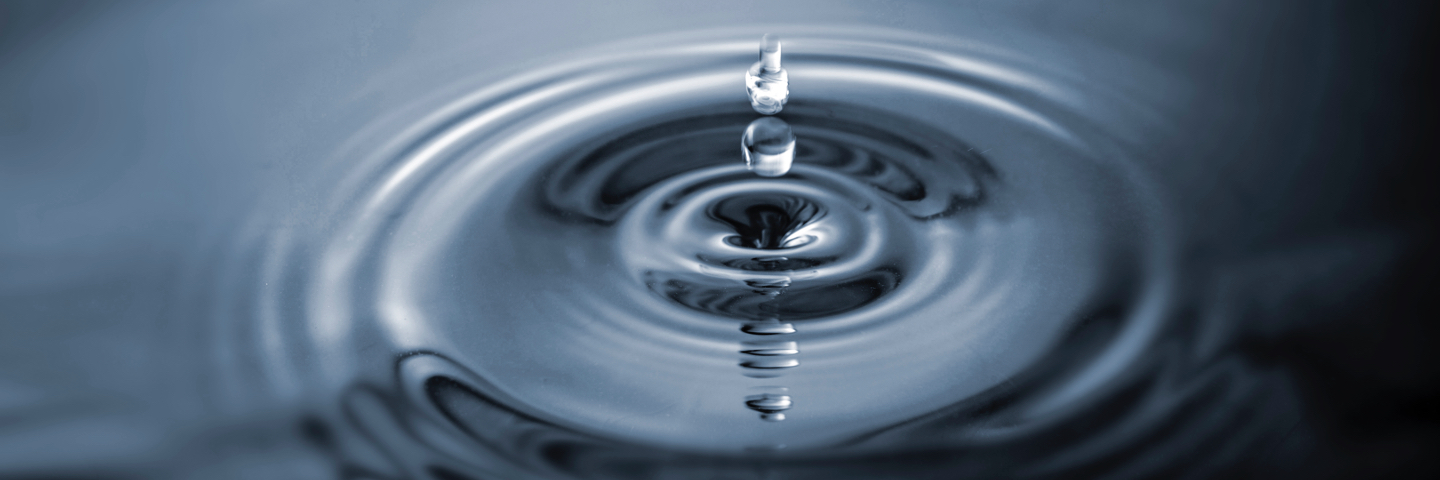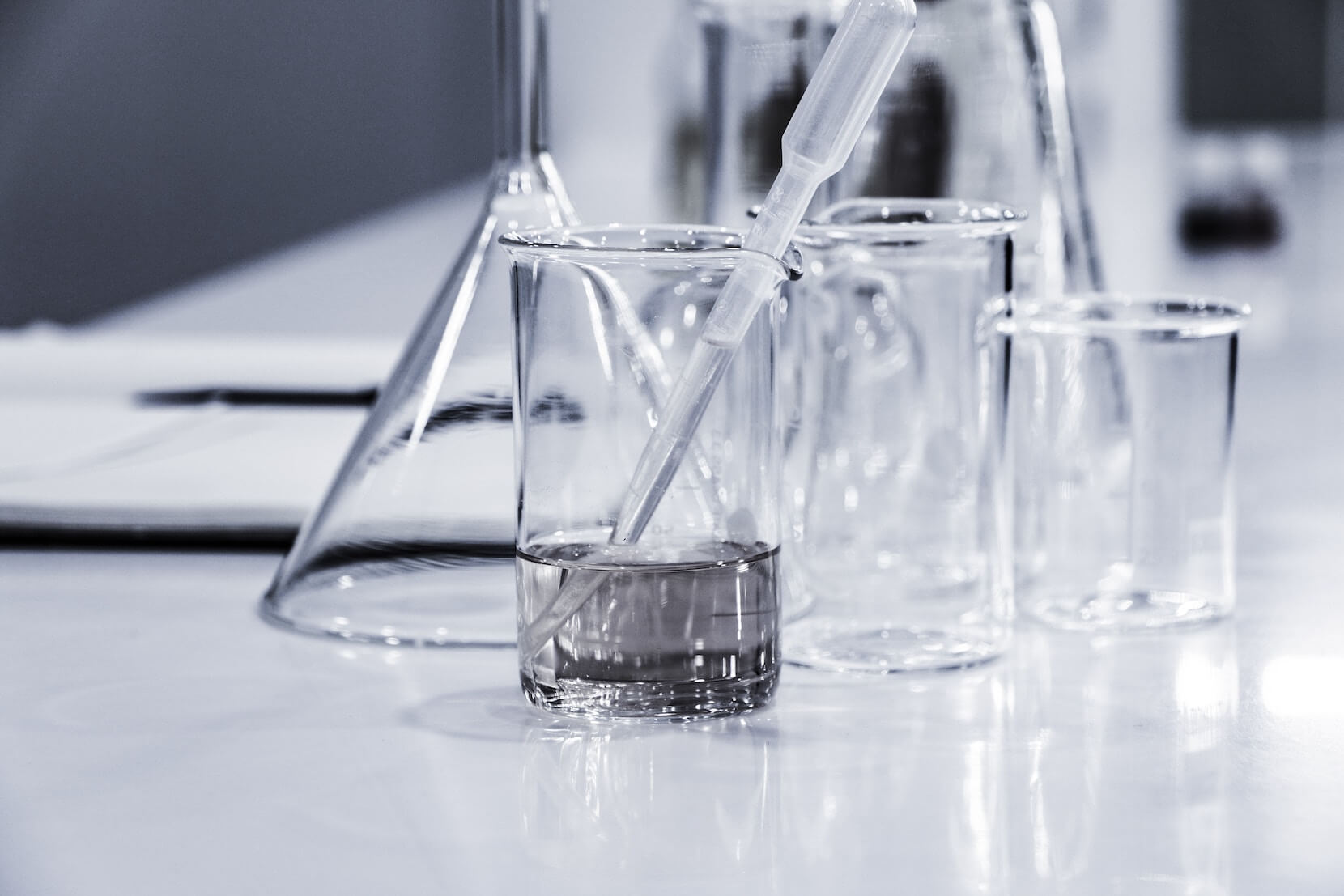Mono-chloramination
This process combines chlorine and ammonia to safely disinfect your drinking water.
Mono-chloramination is a water treatment process. It combines chlorine with small amounts of ammonia to disinfect drinking water.
Chlorine is the main disinfection process we use to treat public water schemes in Ireland. However, we use mono-chloramination on supplies with:
- very long pipe networks
- elevated levels of Trihalomethanes (THMs)
- raw water sources that are high in colour and organic
Safe for all consumers
Drinking water treated by mono-chloramination is safe for:
-
bathing, drinking, cooking and all our everyday water uses.
- children, pregnant women, those on low sodium diets and people with diabetes.
Why it is used in water supplies
There are a small amount of schemes with raw water sources that are high in colour and organics. These supplies can have raised levels of THMs, a by-product of the disinfection process. Using mono-chloramination in these supplies will help to eliminate THMs.
Switching to mono-chloramination
- Before a planned switch, Uisce Éireann and the local authority may scour pipes and reservoirs.
- Kidney dialysis patients are contacted directly
- Pet shops are contated
- During the changeover, customers may experience some taste and smell issues for a few weeks.
- Once the supply is fully operational, there should be no issues with taste or smell.
Kidney dialysis patients
Kidney dialysis patients can safely drink, cook and wash in mono-chloraminated water. However, they may need some changes made to their equipment if their water supply is switched.
Before a switch, we check if any dialysis patients use the water scheme. We do this by working with the Health Service Executive (HSE) and our vulnerable customer list. These patients are then contacted to ensure they have the correct equipment and support. Any patients with medical queries should contact their doctor or their HSE Office.
Aquariums and aquatic pet species
If you keep fish or aquatic pets, you may need to change the neutralising agent used in their fish tanks. We'll inform pet shops in the area before a water scheme is changed to mono-chloramination. If you have questions, contact your local pet shop or aquarium. Mono-chloramination is only harmful to aquatic pets.
Orthophosphate
Mono-chloramination can make water slightly more corrosive to water pipes. To help prevent this, a food-grade additive called orthophosphate is added at the treatment plant. Orthophosphate is a common food additive found in everyday foods, such as milk, beer and soft drinks. Over time, the orthophosphate builds up a coating on the pipes, which helps prevent corrosion. This coating also prevents metals like lead, copper and nickel from dissolving into your drinking water from pipes.

